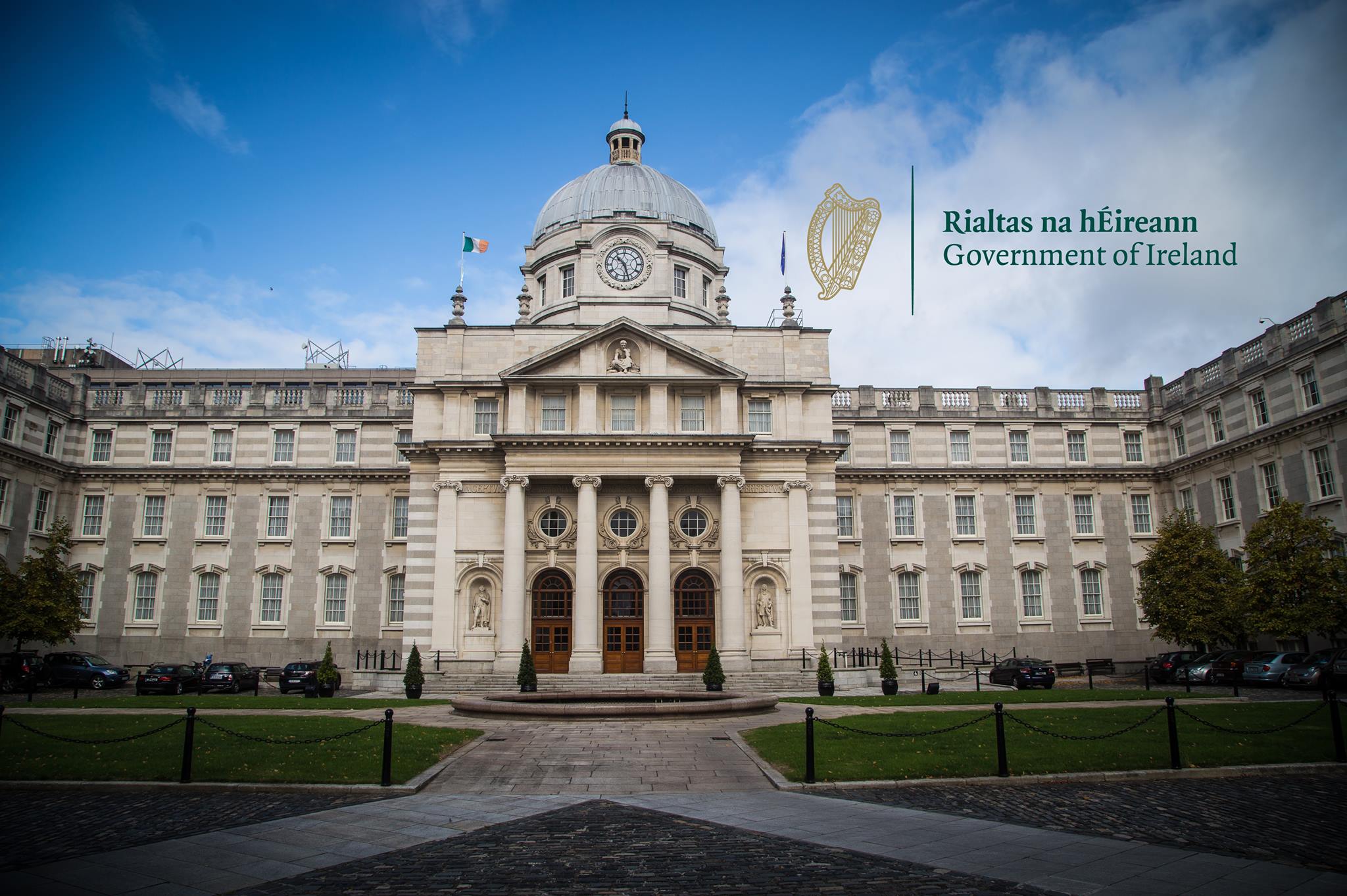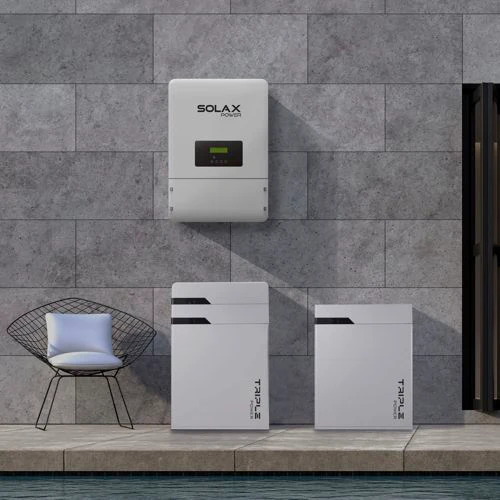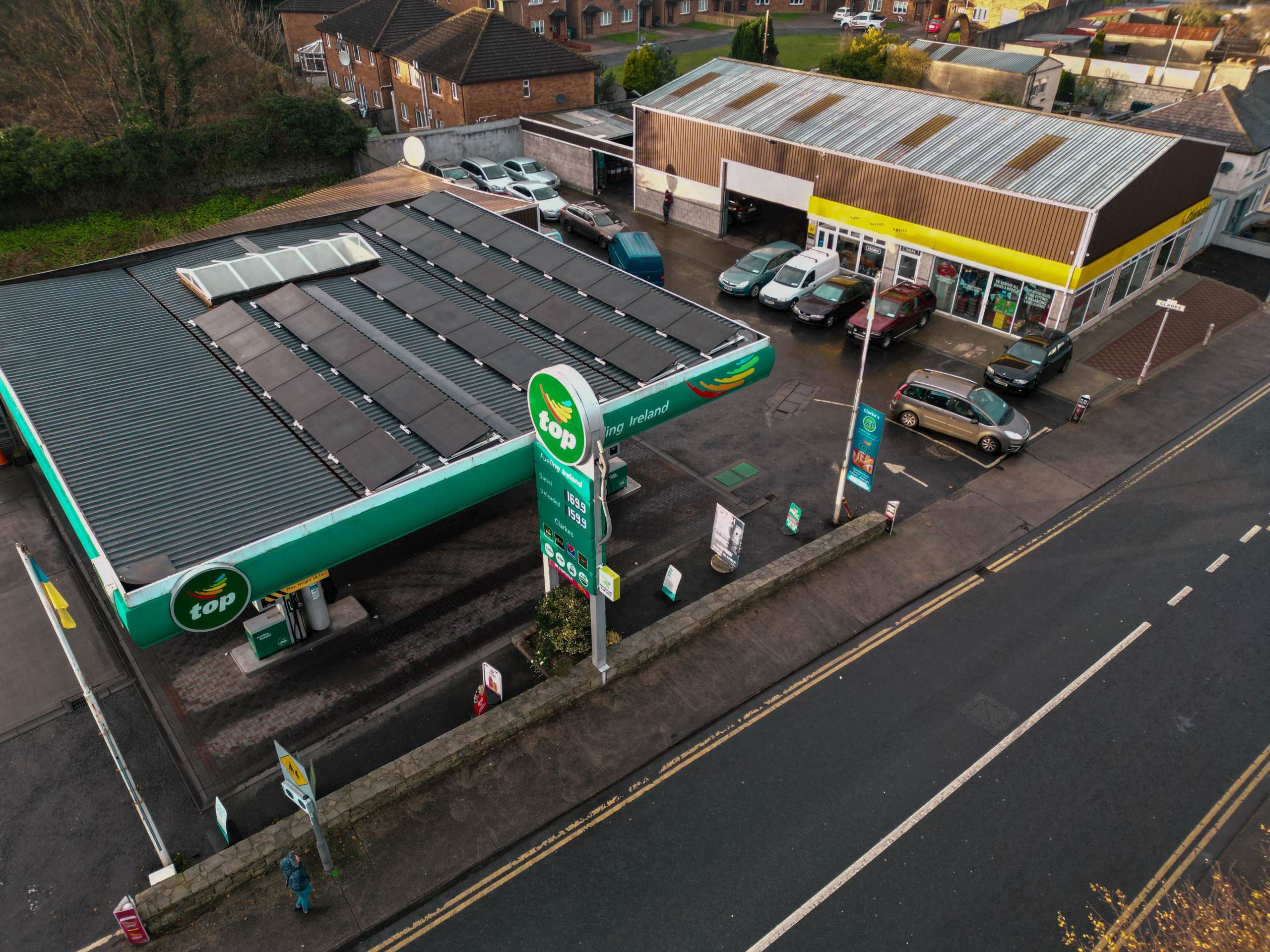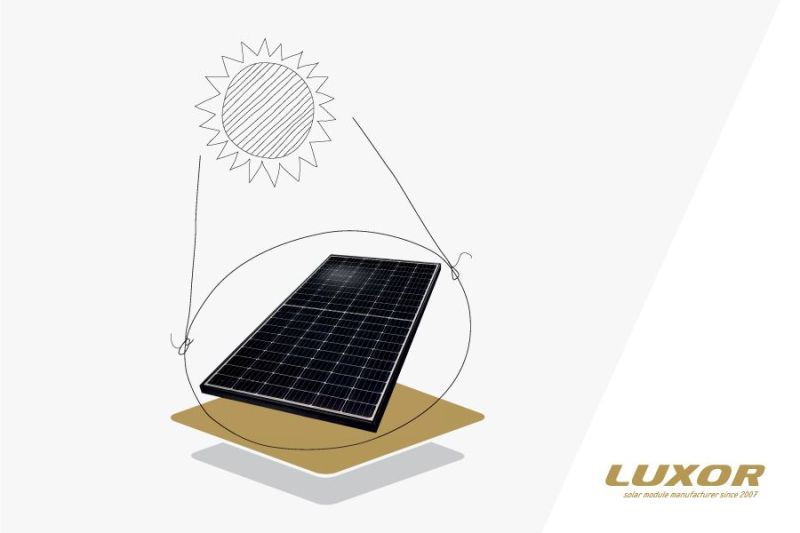The Irish Climate Action Plan presents a comprehensive strategy to tackle the pressing challenge of climate change. It outlines ambitious decarbonisation targets across critical sectors like Electricity, Transport, Built Environment, Industry, and Agriculture. The plan also establishes governance structures to ensure accountability and progress tracking.
Urgency of Climate Action
Initiatives such as carbon-proofing policies, establishing carbon budgets, and strengthening the Climate Change Advisory Council underscore the paramount importance of addressing climate change in shaping Ireland’s future. Both the Government and public bodies must lead by example and foster early climate action across society.
Challenges and Opportunities
Confronting climate change presents formidable challenges but also significant opportunities. From improving air quality and energy efficiency to fostering community cohesion and creating jobs in sustainable industries, the benefits are substantial. Every individual plays a crucial role in reducing carbon footprints, advocating for policy changes, and embracing sustainable practices.
Ambitious Targets and Empowering Initiatives
The Climate Action Plan sets ambitious targets, including deploying 1 million electric vehicles, retrofitting 500,000 homes, and achieving 70% renewable energy in power generation within 12 years. Empowering initiatives like the pilot grant scheme for solar PV and the Smart Metering Programme enable individuals to contribute to the renewable energy transition.
Enhancing Accessibility to Information
In summary, the Irish Climate Action Plan charts a course towards a sustainable future, emphasizing the collective responsibility and opportunities for all stakeholders to contribute to climate action. Let’s unite in building a greener, more resilient Ireland for generations to come.
To read the full press release of Ireland’s Climate Action Plan click here.







